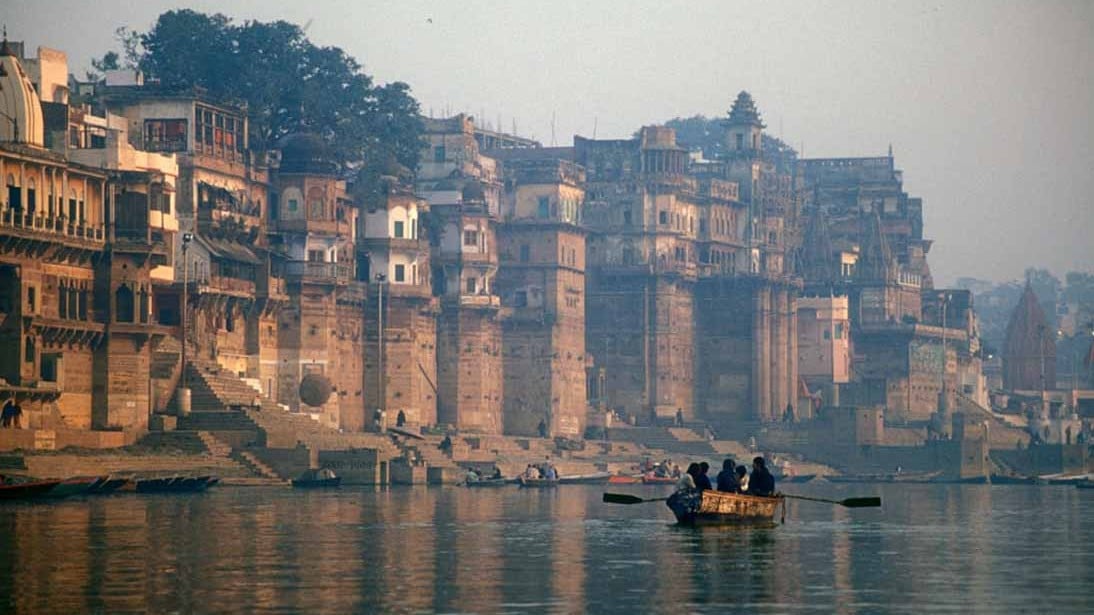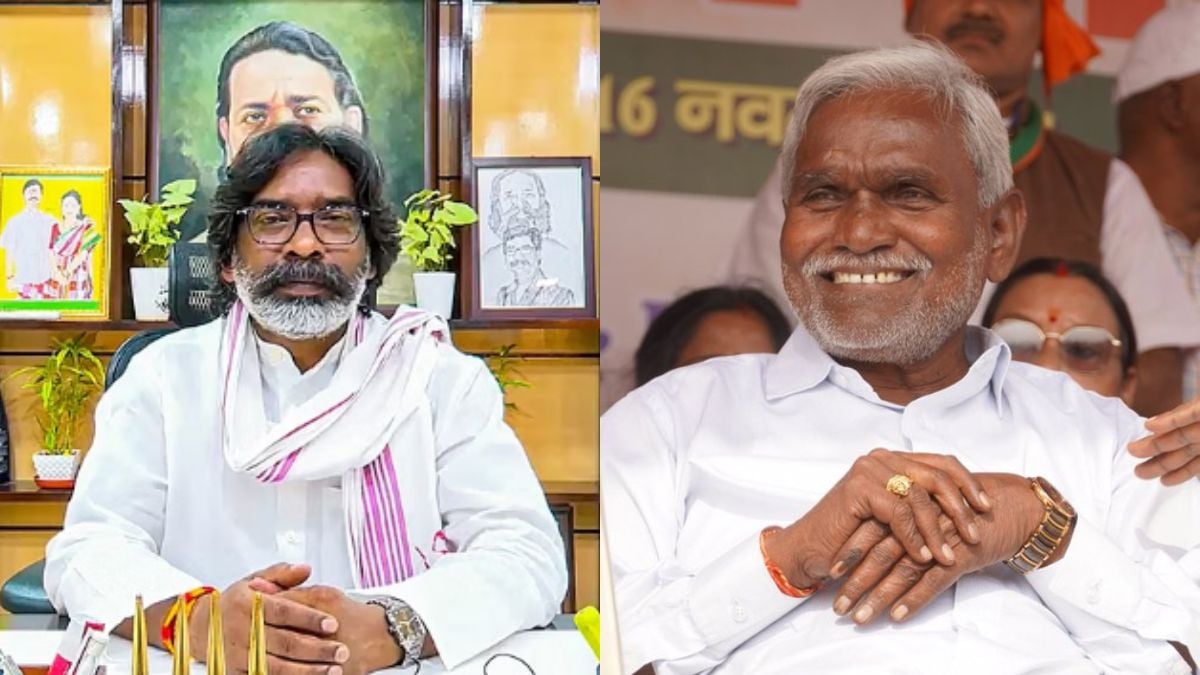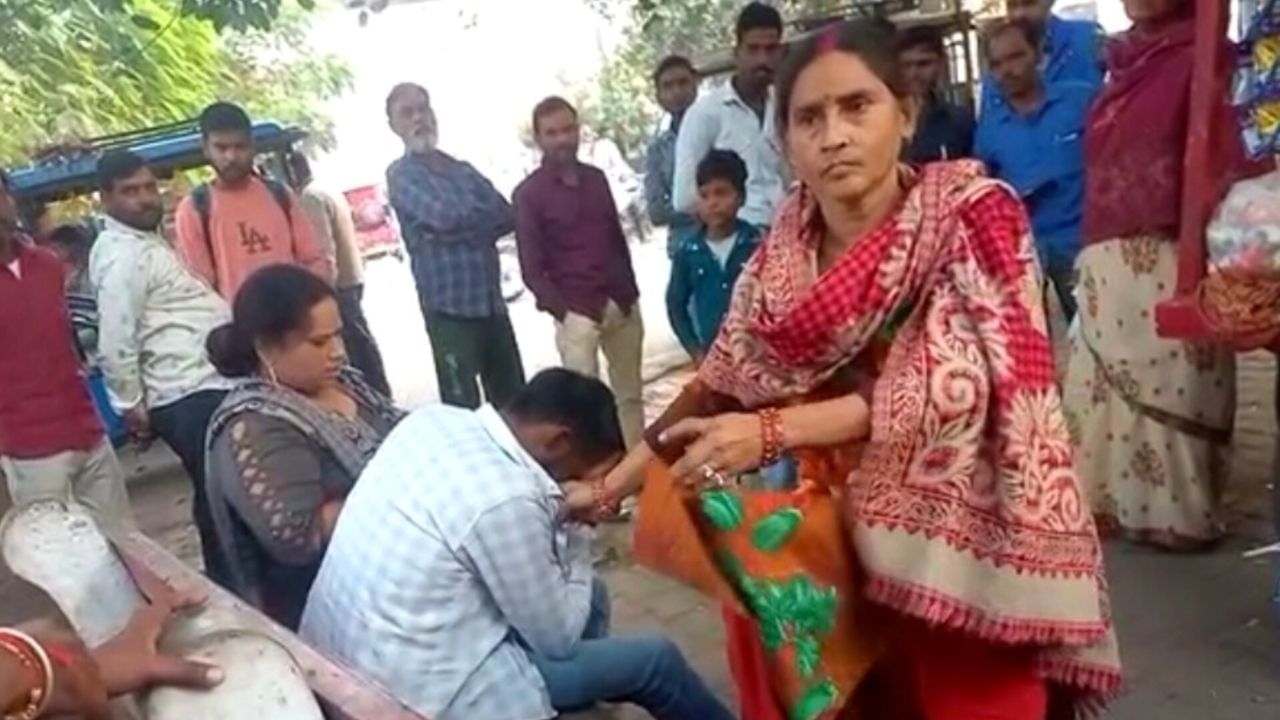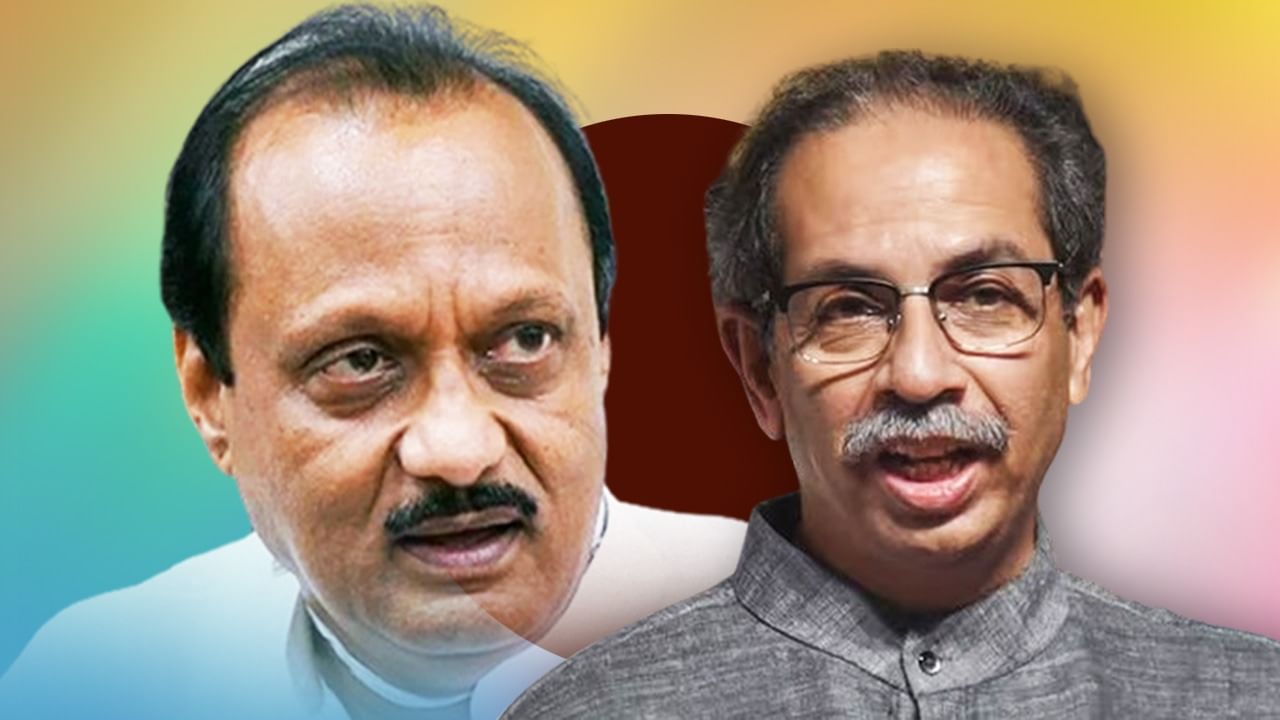Varanasi: Varanasi, where spirituality meets sewage, is now the site of yet another scathing rebuke from the National Green Tribunal (NGT) over the Ganga’s lamentable state. The water, once revered as sacred, is now apparently unfit for even a holy dip—according to the NGT’s latest verdict.
On Monday, the NGT laid into the Varanasi administration with a particularly sharp edge. Its complaint? The ongoing failure to clean the Ganga and restore its tributaries, Asi and Varuna, to any semblance of their former glory. So egregious were the delays that the tribunal suggested an unusual remedy: erect a public notice on the banks of the river warning devotees that the Ganga’s water is no longer suitable for bathing.
“Just put up a sign,” quipped Justice Arun Kumar Tyagi, “make it clear the Ganga here isn’t for a holy splash.” The remark came during a hearing regarding the sluggish progress of the restoration project for the two tributaries. The task. which had been promised to be completed within a year, has, in reality, taken over three years without any visible results. The tribunal, unimpressed by the progress, turned its attention to District Magistrate S. Rajlingam, who had little to offer in terms of solutions.
‘When asked whether the Ganga was safe for bathing or drinking, the DM reportedly chose silence—a response that earned him a sharp retort. “If you can’t tell us the answer, then why not place a sign along the riverbank to tell the public?” Tyagi suggested. The DM, however, stood by this “helpless” excuse, claiming that his actions were dictated by government directives. But the NGT wasn’t having it. “You’re the District Magistrate! You have the power,” they insisted, urging him to stop pretending he couldn’t do anything about it.
Not The First Time
This isn’t the first time the NGT has had to give the Varanasi administration a metaphorical slap on the wrist. Three months ago, the tribunal had already imposed a ₹10,000 fine on the DM for failing to act. And yet, after countless meetings and bureaucratic back-and-forths, the restoration work has hardly budged.
As petitioner Saurabh Tiwari pointed out, despite 40 meetings and several official promises, the riverbeds remain polluted, and the work on the tributaries is barely perceptible. The NGT was unsatisfied with the state government’s defense. Bhanwar Pal Jadoun, the government’s lawyer, mentioned the Pollution Control Board’s attempts, but the tribunal wasn’t impressed by bureaucratic jargon. Action, they demanded, not paperwork.
Delay In Restoration
The restoration, which was supposed to wrap up in 2021, has been dragging on for 33 months—longer than some political careers, and just as ineffective. Meanwhile, the Ganga continues to suffer, with no real cleanup visible. The bureaucratic wheel keeps spinning, but the river stays muddy.
As December 13 looms large, the administration has been given a final chance to prove that the promises made three years ago are more than just empty words. Will the state finally put its money where its mouth is, or will the Ganga continue to be a symbol of environmental negligence? All eyes will be on the riverbanks—and, perhaps, on those newly erected boards warning the public that, for now, the Ganga in Varanasi is anything but holy water.





